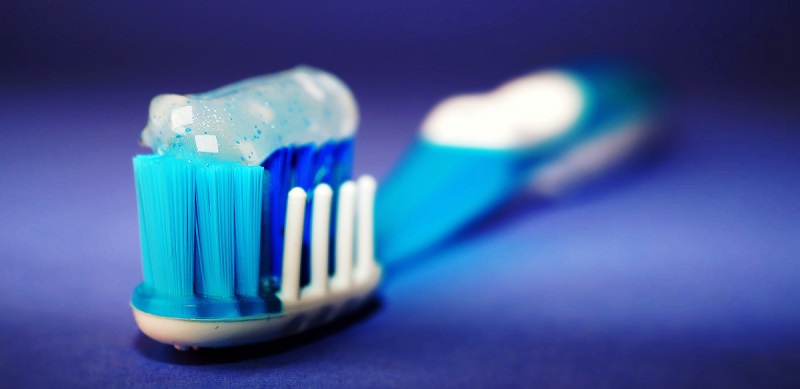Mouth Care: Why it’s Important Before, During and After Cancer Treatment
Chemotherapy and radiation therapy can cause complications like sores in the mouth and changes to the teeth, salivary glands, gums and bone, which makes mouth care important before, during and after cancer treatment.

Mouth care before cancer treatment begins:
Problems such as cavities, broken teeth, loose crowns or fillings, and gum disease can get worse or cause problems during cancer treatment. Because bacteria live in the mouth, it may cause an infection when the immune system is not working well or when white blood cell counts are low. If dental problems are treated before cancer treatments begin, there may be fewer or milder oral problems.
Visiting the dentist at least a month before cancer treatment begins allows time for the mouth to heal if any dental work is needed. In addition, a visit to the dentist before treatment starts will help avoid needed dental treatments during cancer treatment.
Mouth care during cancer treatment:
Paying close attention to oral health during cancer treatment will help prevent complications or allow you to treat them as quickly as possible. Everyday mouth care during cancer treatment should include:
- Brushing: Using only a soft-bristle brush 2-3 times a day and at bedtime for 2-3 minutes.
- Let the toothbrush air-dry between brushings and replace the brush often.
- Avoid mint flavored or other strong flavored toothpaste or toothpaste with whitening ingredients, which may irritate the mouth. Instead choose a mild flavored fluoride toothpaste.
- Try brushing using a mixture of 1/4 teaspoon of salt added to 1 cup of warm water if toothpaste seems to irritate.
- If you wear dentures, they should be cleaned and rinsed every day using a denture cleaner recommended by a dentist. Store the dentures in water or denture solution when not being worn. Rinsing: Avoid commercial mouthwashes and those with alcohol. Use a salt and soda mouth rinse instead.
- Flossing: Ask the doctor if it’s OK to floss gently once a day
- Lip care: Use lip care products to prevent chapped or cracked lips
While most patients can safely brush and floss during treatment when blood counts are low, it’s important to ask the doctor if this is OK. Continuing good oral care may help prevent infections that can make bleeding problems worse. The dentist or doctor can explain how to treat bleeding should it occur, and how to safely keep the mouth clean when platelet counts are low.
Mouth care after cancer treatment:
After chemotherapy is completed most people can return to their regular dental care routine -- brushing, flossing and seeing a dentist at regular intervals for cleaning.
For those who have had radiation therapy to the head and neck, added precautions after treatment should include:
- See a dentist every 4-8 weeks for the first 6 months
- Continue to maintain good oral care- brushing, flossing and rinsing several times a day
This follow up with a dentist after completing treatment is especially important because radiation therapy can cause dry mouth, an increase in dental caries (cavities), and changes in the muscles and bones that open and close the mouth.
Good oral hygiene habits before during and after treatment for cancer can help you avoid serious problems and infection. And because side effects from cancer treatment can vary greatly from person to person, it’s important to talk to your doctor and nurse about what side effects to expect, how long they will last, and when to notify the doctor about a troublesome symptom.
